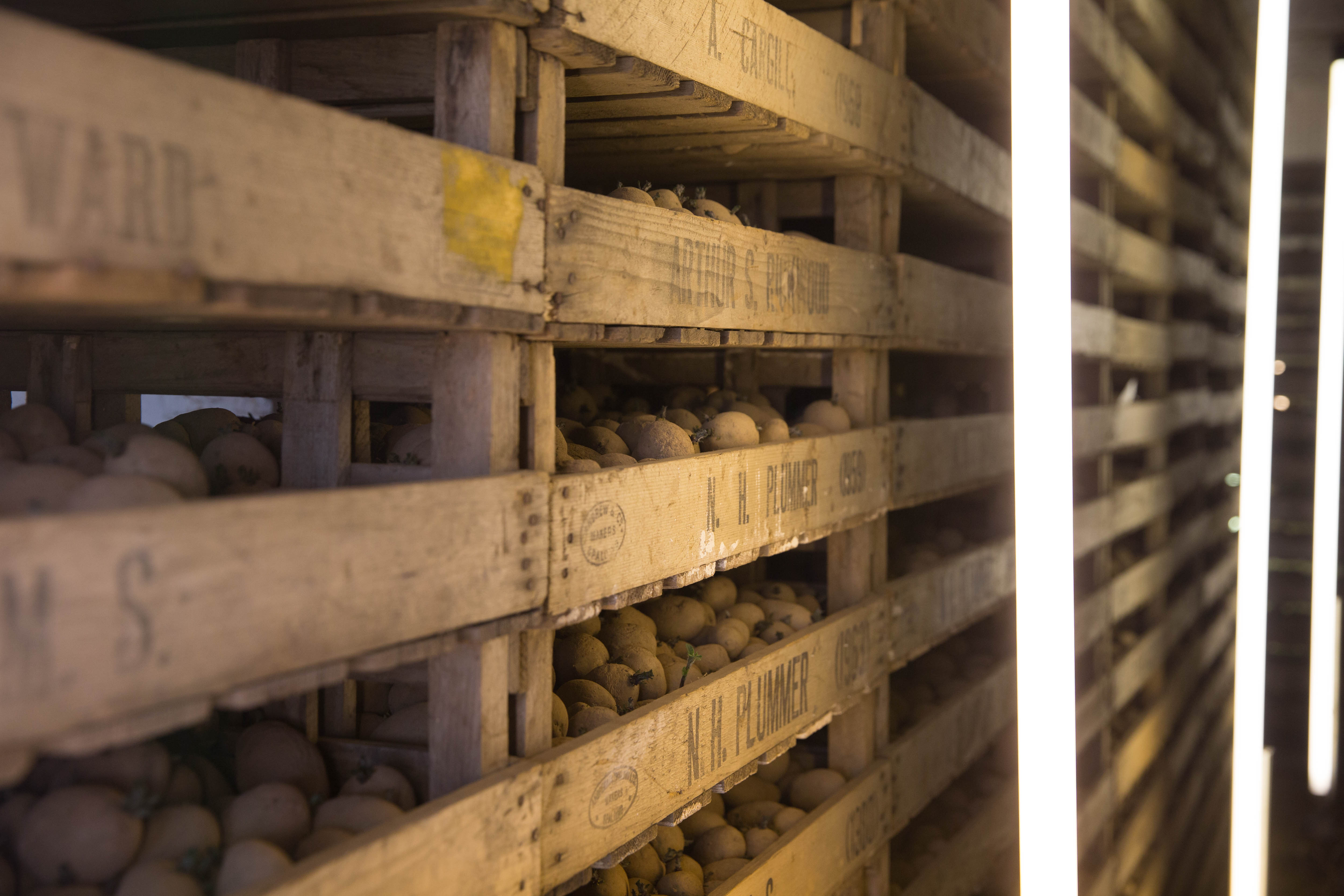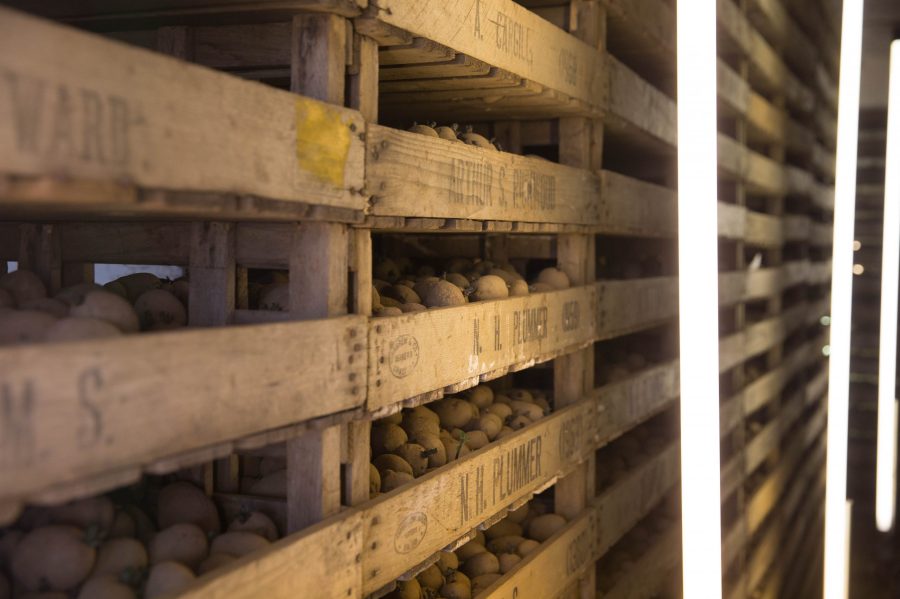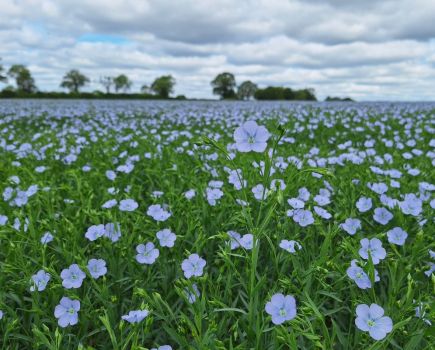 With the Animal and Plant Health Agency (APHA) having to cut back its inspection programme in the midst of continued COVID pressures, alongside increasing aphid issues, Agrico has upped the level of technical support offered to seed potato growers. Charlotte Cunningham reports.
With the Animal and Plant Health Agency (APHA) having to cut back its inspection programme in the midst of continued COVID pressures, alongside increasing aphid issues, Agrico has upped the level of technical support offered to seed potato growers. Charlotte Cunningham reports.
The impact of COVID has been keenly felt by the seed potato sector. From the practicalities of socially distancing employees to responding to rapid fluctuations in demand, the season has required flexibility from the supply chain.
“It’s been an extraordinary year so far,” says Archie Gibson, executive director at Agrico. “COVID has certainly presented challenges and the weather did a spectacular U-turn around planting.”
Despite the COVID restrictions, the seed crop certification boards in Scotland and Ireland – the Science Advice to Scottish Agriculture (SASA) and the Department of of Agriculture, Environment and Rural Affairs (DAERA) – have been able to to stick to the two growing crop inspections, and in due course, standard tuber inspection.
For growers in England and Wales, however, the Animal and Plant Health Agency (APHA) has had to cut back its inspection programme; restricting the number of inspections for basic seeds (field generations 3-5).
What’s more, with AHDB reporting high aphid pressure, seed businesses have had to increase frequency of crop visits to check health and performance. This has resulted in extra cost to maintainers and, in some cases, lower certified seed grade, believes Archie.
“Originally APHA indicated these crops would have dropped to an A-grade which would have ruled out exports to Ireland. Now, these stocks will likely be marketed on an E label if within the tolerance bands”, he explains.
As a result, Agrico has stepped up its technical support to growers, visiting registered seed crops multiple times and capturing drone footage to keep up to speed with developments.
“APHA’s reduction in the level of service supplied has negatively affected the industry. It could yet affect the marketing grade and the trades ability to place some of the crops.
“With significant aphid pressure in some parts of the country, we’re working alongside seed growers to ensure virus load in seed remains low. We’ll be testing post-harvest and supplying seed with a virus rating so main crop growers can be reassured of the quality of stock next year.”
Next Generation
One of the company’s activities which has, so far, been unaffected by COVID is its trials in Duxford.
Agrico has been growing its portfolio of Next Generation varieties alongside well-known benchmarks. “Many of the Next Generation varieties have excellent blight resistance so don’t require blight sprays,” says Archie. “Multi-gene resistance against blight has many benefits. With the crop protection armoury diminishing, inherent resistance – without compromising on crop performance and marketable characteristics – is where we ought to be going as an industry. As well as strengthening relationships with consumers, developing varieties with genetic resistance brings significant cost and time savings for growers.”
“On 21 Aug, growers are welcome to come and look at varieties such as Alouette and Jacky next to traditional standards such as Desiree and Maris Peer. On 9-10 Sept we also have our Variety Open Day at Crowland, Lincs, where growers will be able to see the full portfolio of varieties.”




